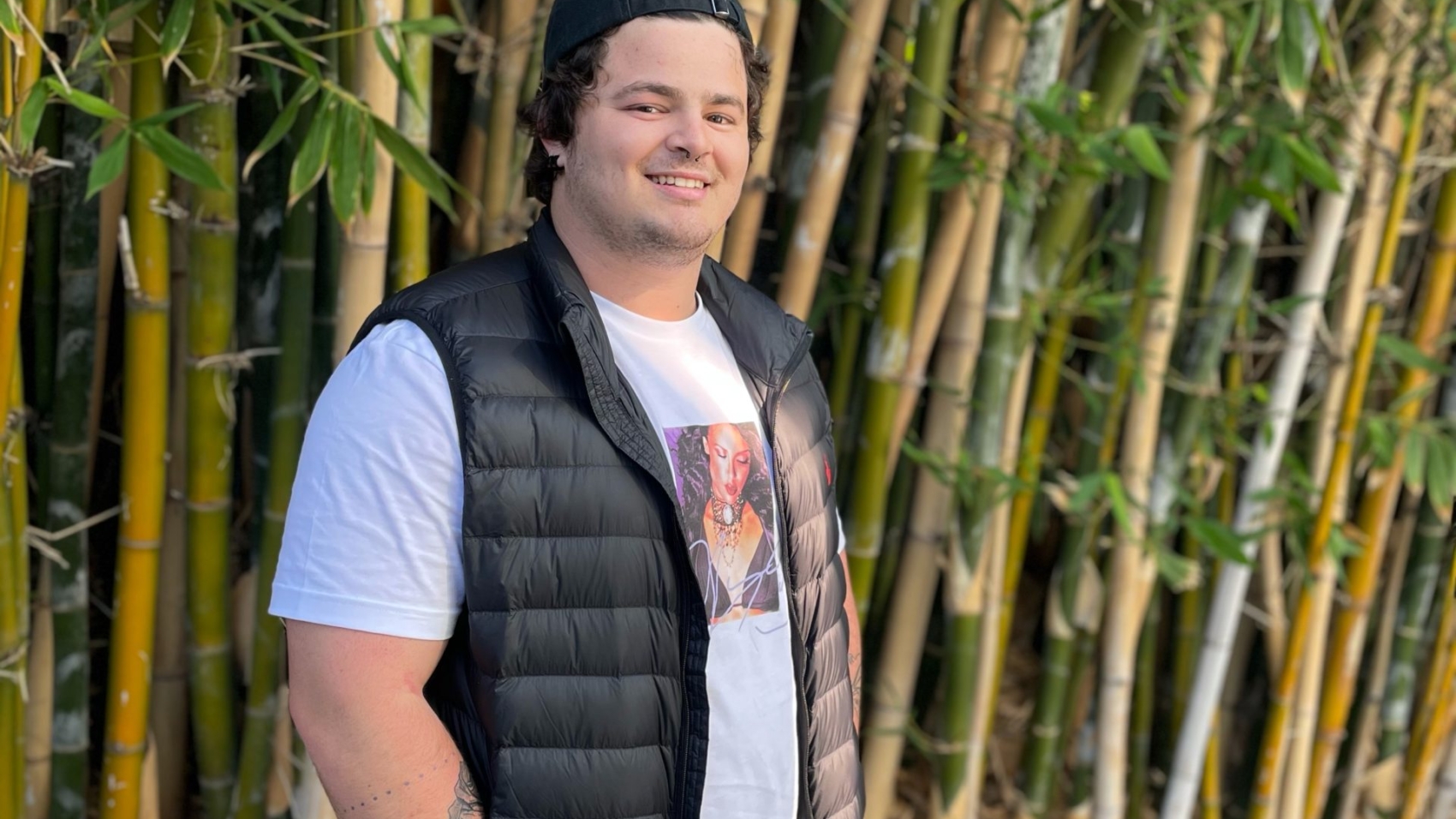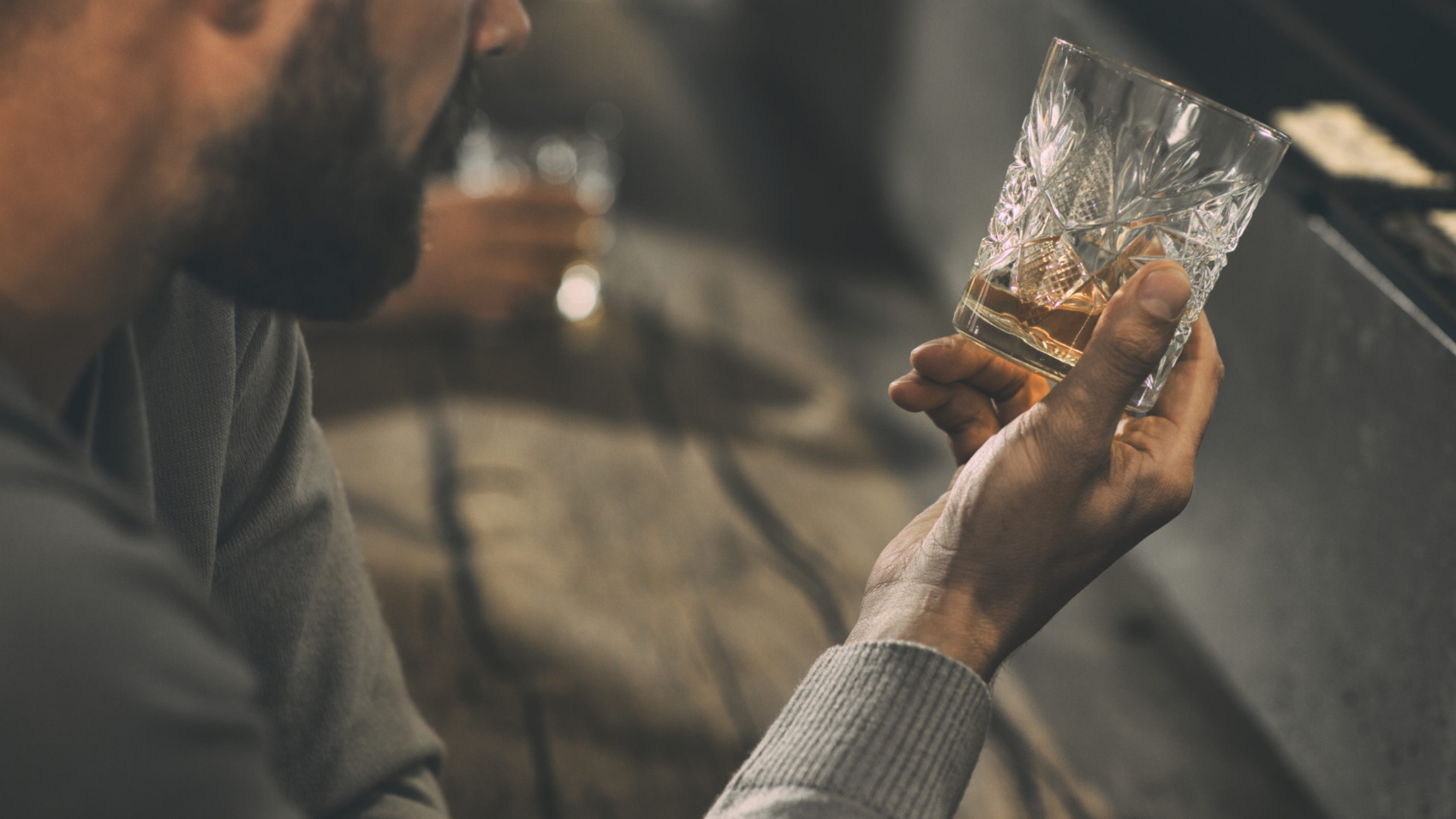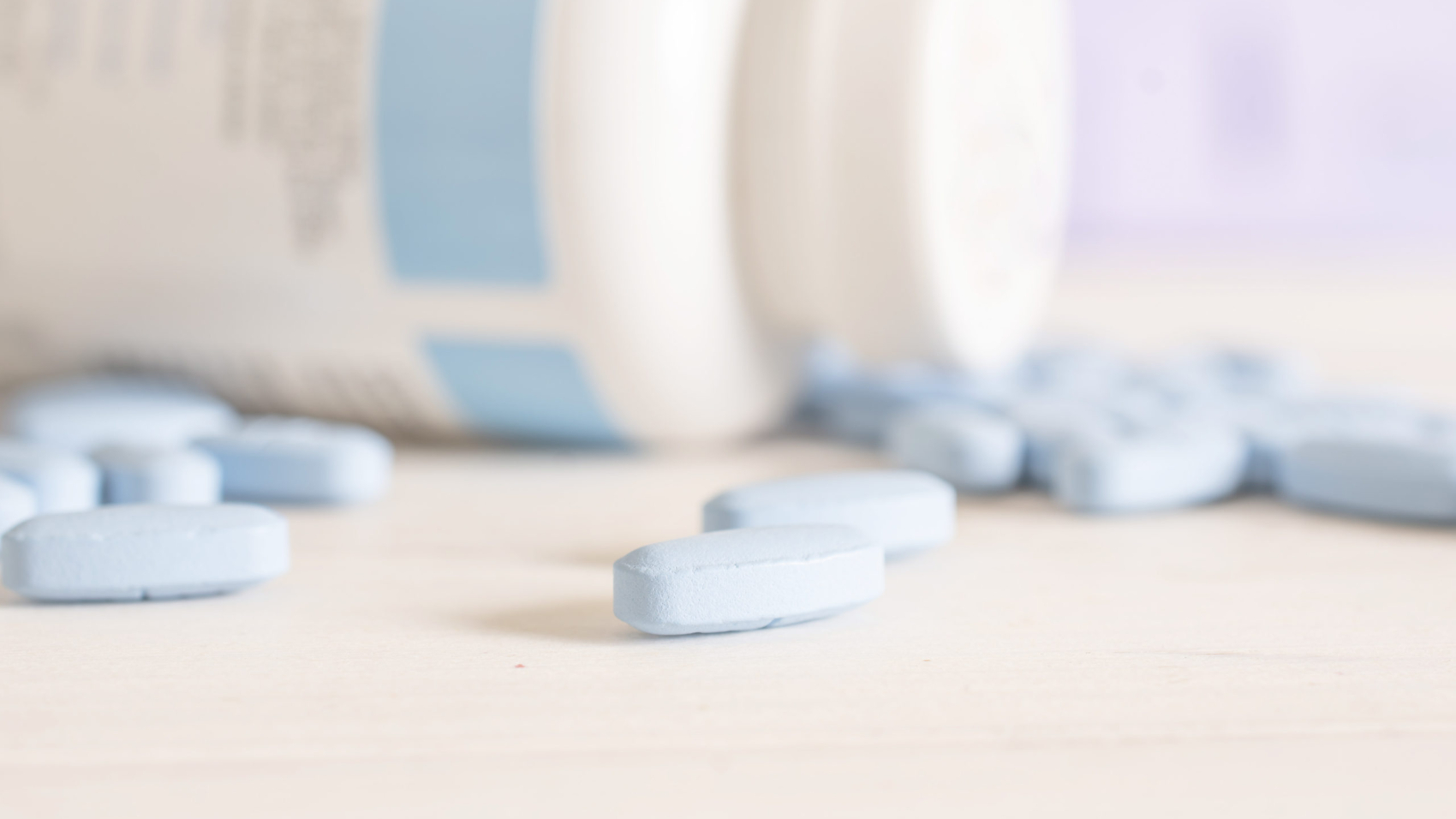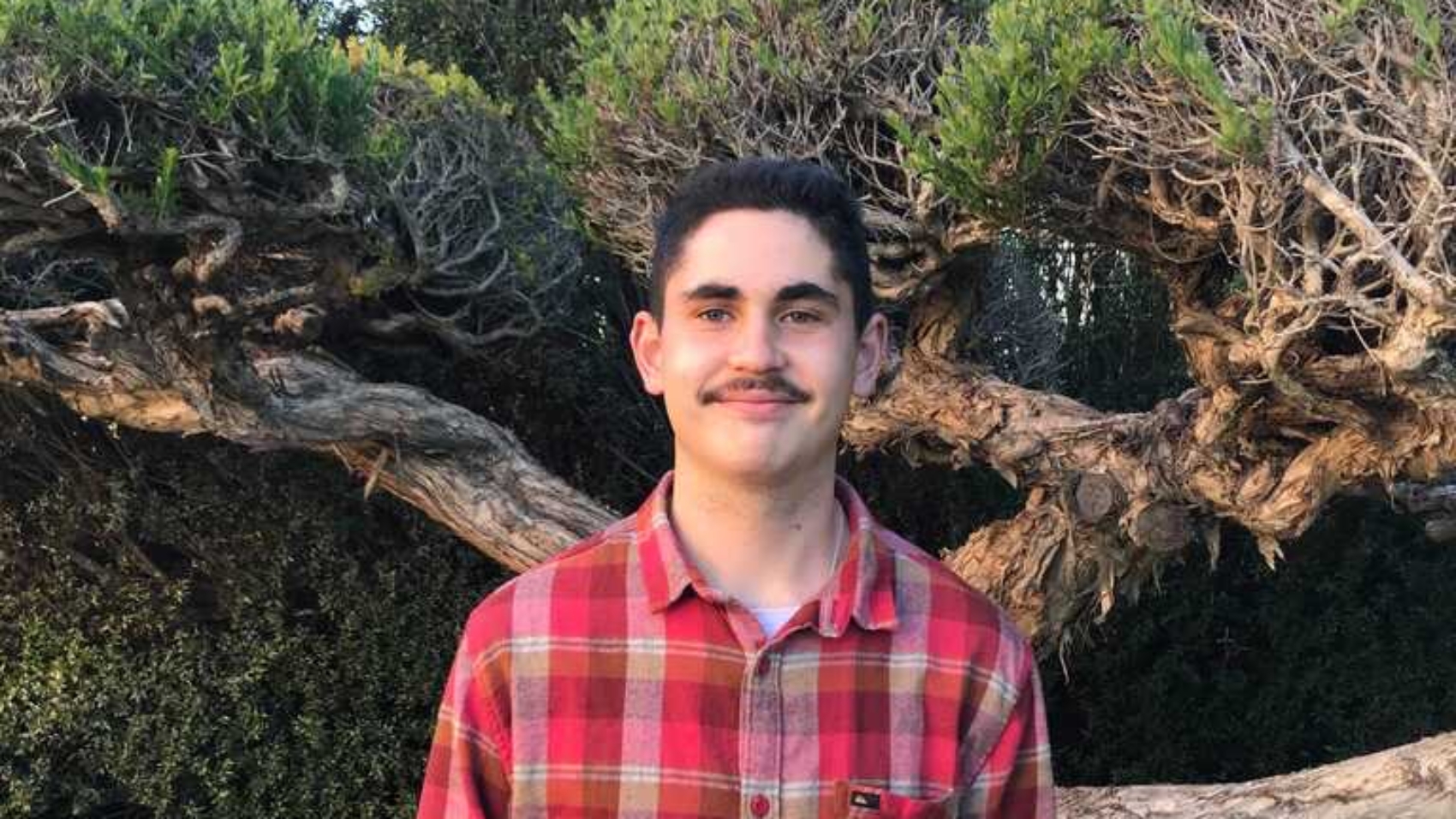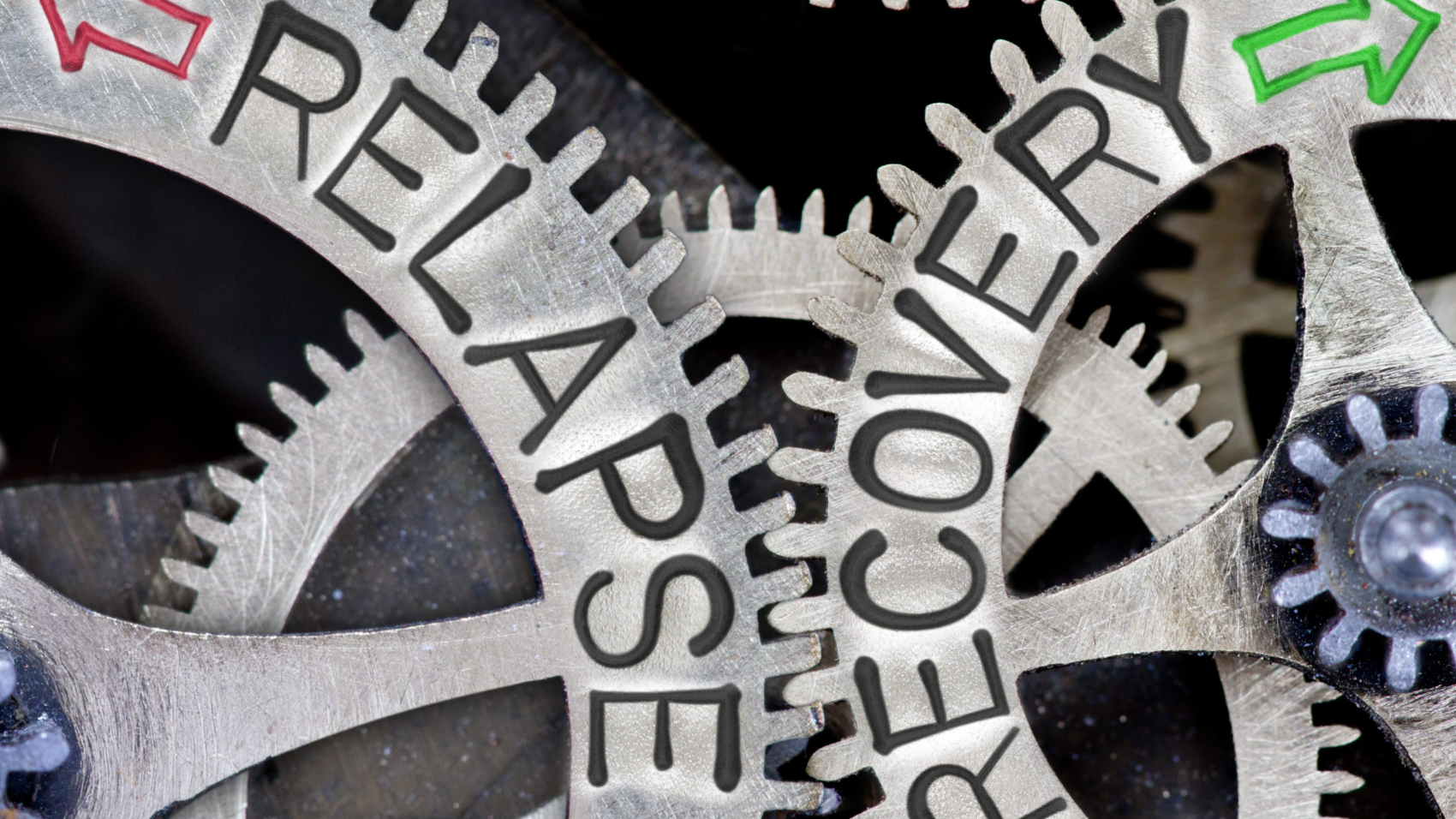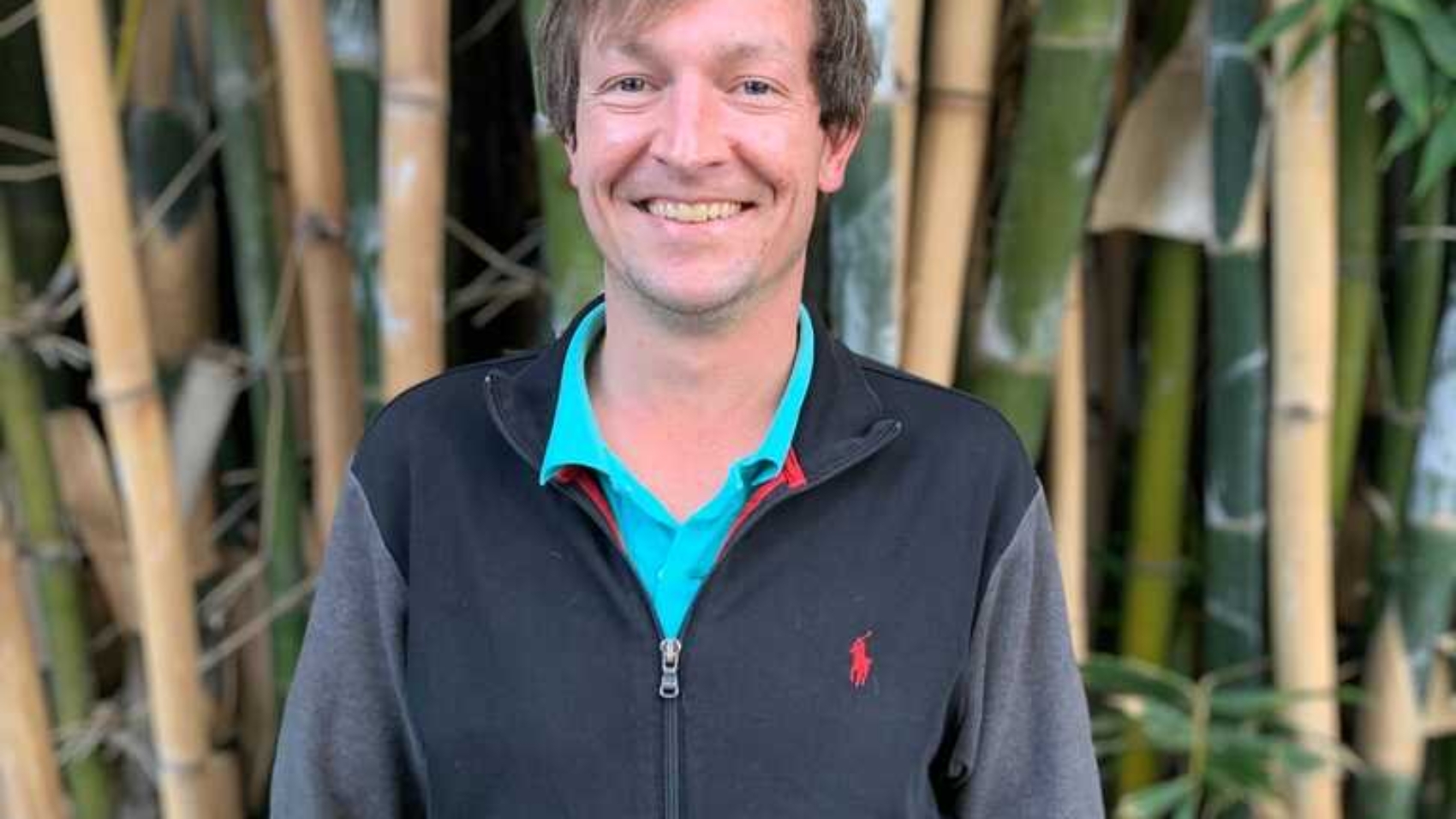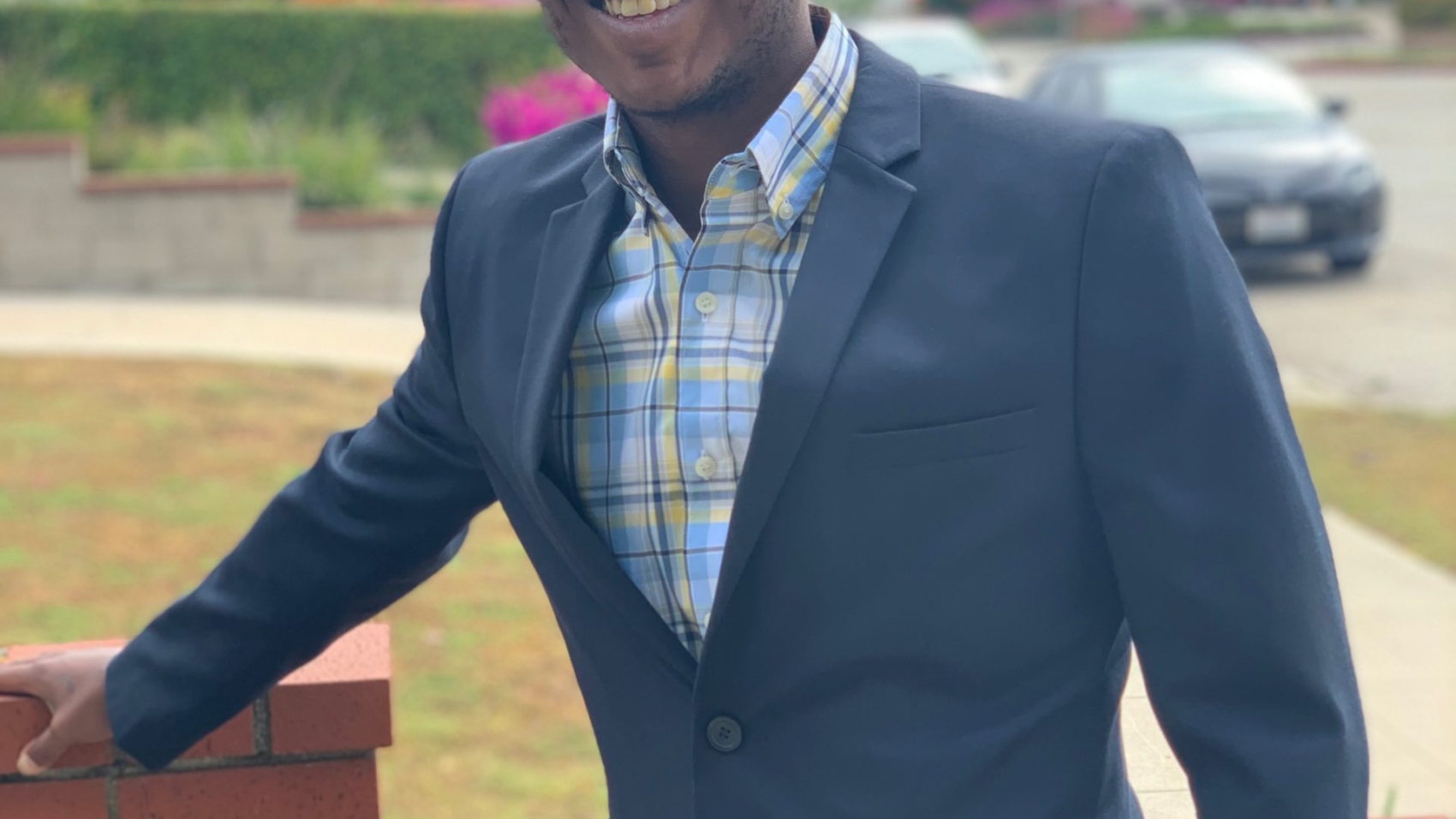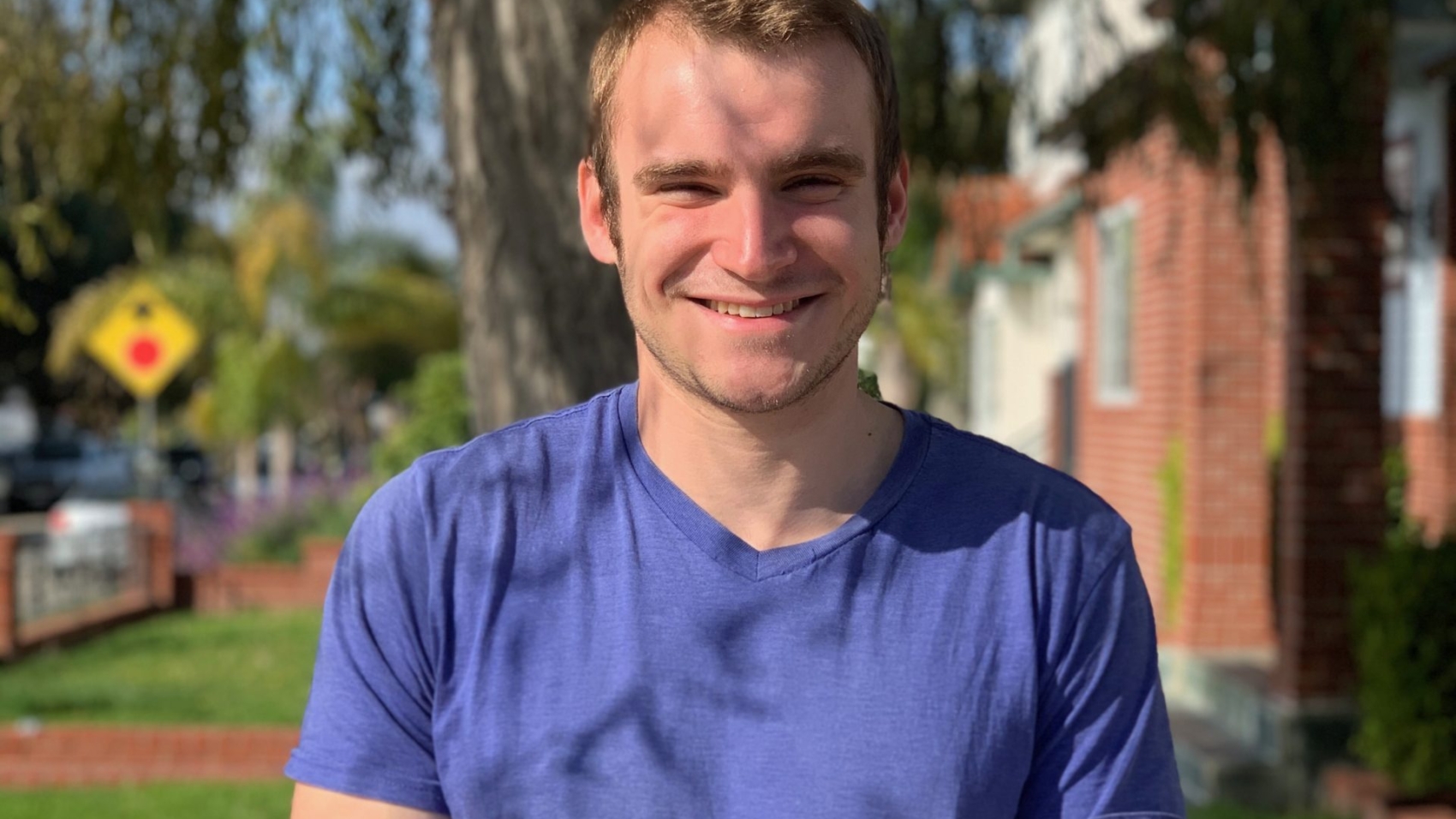Since being at The Last House, my behaviors have changed a lot. I used to sit in a dark room for days on end – making music, treating family and friends and women with no respect. I was never able to keep a job. Lastly, staying off drugs and alcohol since being in the house, I have learned how to become a clean, responsible man; that shows up for work, pays bills on time, and keeps good relationships. I used to steal, lie, and cheat. Thanks to AA and The Last House program which taught me that I do not have to do those things anymore. I still sometimes struggle with my outlook on life, but I do have very many things to be grateful for that I would never have if it was not for this house. Now I must apply the things I have learned here into real life. I went from sleeping on a cold, apartment floor while high, to now having a great life that I never thought I could have.
The Negative Effects of Long-Term Alcohol Use
Whether you’re actively drinking or are sober, you may wonder about the effects of alcohol on your body. The ads for alcohol suggest that those drinking alcohol are in the best shape of their lives. However, those who have consumed alcohol for an extended time know that the effects of long-term alcohol use are anything but healthy. Alcohol affects every part of your body.
Long-term alcohol use leads to chronic diseases, injuries, and even death. It impacts more than your physical health too and can lead to anxiety, depression, and other mental health disorders. The Last House is here to help you learn more about how to help your mind and your body heal from the effects of long-term alcohol use.
Is Alcohol Addictive?
While many debate whether alcohol is addictive, the facts are that the body does become dependent on it with regular use. Your body strives to keep itself in balance. When you drink alcohol regularly, the balance is shifted, and your body changes things to adapt. You don’t realize it as it’s happening, but if you stop drinking alcohol, your body will let you know. If you drink alcohol daily and stop, you will feel like your body is punishing you for stopping. Your symptoms may include nausea, vomiting, headache, sweating, anxiety, and even seizures. Your body is not punishing you, but it is trying to learn how to function without alcohol. In addition to the physical effects of long-term alcohol use, the pathways in your brain are also impacted. It can take months for your brain to return to its pre-alcohol functioning. Knowing this can help you understand why the first several months of sobriety can feel like an emotional roller coaster.
What Are the Effects of Long-Term Alcohol Use on the Body?
Alcohol is the bad party gift that just keeps on giving. Short-term alcohol use increases the risk for motor vehicle accidents, violence, risky sexual behaviors, and more. Excessive alcohol use led to about ninety-five thousand deaths and nearly three million years of potential life lost from 2011-2015. Almost everyone knows that regular alcohol use can damage your liver, leading to cirrhosis or other chronic illness. But it doesn’t stop at your liver; the effects of long-term alcohol use may be seen in nearly every part of your body. Your pancreas and alcohol are not friends.
Regular alcohol use impacts how your pancreas functions and can lead to chronic pancreatitis and diabetes. It can also damage your stomach leading to ulcers, colitis, and other gastrointestinal chronic diseases. Alcohol can damage your heart and increases your risk for chronic heart disease, heart failure, and heart attack. It can also lead to cancer, especially cancer of the mouth, throat, esophagus, and breast. When you drink alcohol regularly, your immune system cannot work correctly, and you are at a greater risk for infection and general fatigue. The frightening fact is that these are just a few of the effects of long-term alcohol use. Your body and alcohol are not friends.
Sober Living at The Last House
The Last House Sober Living is a network of structured sober living homes in southern California. We believe in providing our clients with the tools to have a meaningful life and participate in their own sobriety. We’ll help you learn how to live and have fun in sobriety through service commitments, sober parties, conventions, dances, and house outings. Our experienced staff is composed of active members of the Los Angeles Sober Living community. If you’re wondering where to start to create your sober life, The Last House is here to help you build a life in recovery.
The Best Way to Resolve Trauma: Get Help at a PTSD Treatment Center in Los Angeles
While many may think that surviving a trauma ends when the trauma itself has ended, you know the reality. Trauma doesn’t end the moment the event ends. Instead, your surviving trauma may be a lifelong endeavor. Whether you have survived war, abuse, a natural disaster, or other trauma, you know that the trauma stays with you. You also understand that it can rise to the surface at the most unexpected times and leave you feeling as if you are reliving the events over and over again.
Getting help at a PTSD treatment center in Los Angeles can help you begin to see some light at the end of the tunnel. Without professional help, you can start to feel as if the walls are closing in on you, and you will find yourself seeking all sorts of ways to self-medicate. At The Last House, we understand the lasting effects of trauma and why you will try to escape them. We are here to help you learn more about treating and living with PTSD.
What Is PTSD?
PTSD, or post-traumatic stress disorder, develops in some individuals who have experienced shocking, frightening, or dangerous events. Some examples of events that result in PTSD include:
- Childhood trauma,
- Seeing a dead body
- Being injured
- Living through and/or fighting in a war
- Losing a loved one unexpectedly
- Witnessing another person being killed or hurt
- Experiencing horror, helplessness, or extreme fear
- Being the victim of a violent crime
- Surviving a natural disaster such as a hurricane, tornado, or flood
While many people will experience short-term PTSD symptoms, some will develop chronic PTSD. Treating PTSD early on at a PTSD treatment center in Los Angeles can help manage the symptoms better and provide you with coping strategies. It’s important to note that PTSD does not always occur immediately after the events and can arise months or years after the events.
Common Symptoms of PTSD
When most people think of PTSD, they think of how it is portrayed on television or in the movies. We think of the Veteran who has returned from war who experiences flashbacks. And while flashbacks can be a part of PTSD, they are not the only symptom. Flashbacks and bad dreams are considered re-experiencing symptoms because the individual is reliving the trauma. However, PTSD symptoms can also include avoidance, cognition/mood, and arousal/reactivity symptoms. Avoidance symptoms include avoiding seeing or talking about places, events, or things that remind you of the trauma. Cognition or mood symptoms show up as not remembering particular details or facts about the traumatic event, distorted feelings, or even loss of interest in activities. Arousal/reactivity symptoms include being easily startled, feeling “on edge,” experiencing difficulty sleeping, and having outbursts of anger. A doctor is the only one who can diagnose PTSD, but if you are experiencing symptoms like these, it’s time to see help at a PTSD treatment center in Los Angeles. Many who experience PTSD will self-medicate with drugs or alcohol to avoid the feelings created by their PTSD symptoms. While this is understandable, self-medicating will not address the underlying issues. In the end, you may find yourself with PTSD and a substance abuse problem.
Why You Should Go to a PTSD Treatment Center in Los Angeles
Seeking treatment for your PTSD will enable you to manage your PTSD symptoms in a way that lets you create a life outside of the trauma. The Last House is a network of structured sober living homes in the heart of West Los Angeles. We believe in providing our clients with the tools to have a meaningful life and participate in their sobriety. Activities such as service commitments, sober parties, conventions, dances, and house outings are all a part of helping you learn how to have fun in sobriety. Composed of active members of the Los Angeles Sober Living community, our staff is familiar with many recovery support groups in the area. If you’re wondering how to create your sober life, The Last House is here to help.
Stimulant Drug Examples: What Do They Look Like?
Not all drugs are the same. Drugs are categorized into different classes, including narcotics, depressants, hallucinogens, and stimulants. Each drug class is made up of various drugs and has different effects. Depressants include benzodiazepines and alcohol and, as the name indicates, depress you mentally and physically when you take them. Hallucinogens include drugs like LSD and PCP, resulting in hallucinations. Stimulant drug examples include methamphetamines, amphetamines, and cocaine. Some stimulants are legal and prescribed, while others are not. As the name suggests, stimulants stimulate you mentally and physically. At
The Last House, we know all about the various drugs that can be taken, their effects, and the resulting withdrawals.
Stimulant Drug Examples
Stimulants speed up the body and the mind. Someone who has taken stimulants will often talk much faster and appear to be moving much more quickly. Some stimulants such as amphetamines and certain methamphetamines can be legally prescribed. Prescribed stimulant drugs examples include Adderall, Ritalin, Didrex, and Meridia. Illegal stimulant drug examples include crystal methamphetamine, cocaine, and synthetic cathinones such as bath salts. While all stimulants act to speed up the body’s systems, the different stimulants can look different.
Cocaine, only available illegally, will usually appear as a white powder. However, crack cocaine looks like small white rocks. Cocaine has many street names, including coke, crack, crank, flake, snow, and soda. It can be snorted, smoked, or dissolved in water and injected. Most who use cocaine experience a rush of euphoria and will binge on the drug until they run out. Following a cocaine binge, users will typically crash, sleeping for several days until they begin to experience cravings again. Cocaine, in any amount, is very dangerous. Cocaine use can result in irregular heart rhythms, increased blood pressure, increased heart rate, restlessness, irritability, anxiety, stroke, cardiac arrest, and death.
In its legal form, methamphetamine is prescribed in pill form as Desoxyn to treat ADHD and obesity. In its illegal form, methamphetamines can be taken as a pill or may come as a powder. Created by mixing the prescription drug with over-the-counter drugs, crystal meth is another illegal form of methamphetamine that resembles glass fragments. Methamphetamines and amphetamines can be swallowed, snorted, smoked, or infected. These drugs are highly addictive and have many street names, including speed, ice, tweak, trash, and chalk.
Like most stimulants, methamphetamines cause increased heart rate, blood pressure, body temperature, and breathing rate, as well as agitation, anxiety, and paranoia. Because of their highly addictive nature, many individuals began taking more of the drug to achieve the same high, resulting in convulsions, cardiac arrest, stroke, or death.
In addition to methamphetamines, amphetamines, and cocaine, there are also designer drugs designed to simulate stimulants. Designer drug stimulant examples include bath salts and khat. Bath salts, which look much like bath salts or crystal meth, mimic the effects of crystal meth. Khat, a stimulant drug made from leaves and twigs, has cathine and cathinone as its active ingredients and can be drunk as a tea, sprinkled on food, or smoked. Also known as oat, qat, African salad, or catha, khat has similar effects to other stimulants. In addition to the expected results of stimulants, it can also result in manic behavior with grandiose delusions, cardiac complications, nightmares, depression, suicidal ideation, and gastric disorders. Designer drug stimulants are often sold online or in smoke shops, which results in people believing that they are less dangerous, but this is incorrect.
How to Get Help With a Stimulant Addiction
If you or a loved one have been using drugs, you’ll find many options available for the road to recovery. The Last House is here to help keep them on that road. We are a network of sober living homes in the heart of West Los Angeles. We believe in providing our clients with the tools to have a meaningful life and participate in their sobriety. Activities such as service commitments, sober parties, conventions, dances, and house outings are all a part of helping you learn how to have fun in sobriety. If you’re creating a sober life or supporting someone who is, The Last House is here to help. Contact us today.
Asher R.
The Last House has completely changed my life inside and out since I got here. I came in a broken and confused child with nothing to offer the world. I had no idea how to live my life, let alone stay sober. I had been living for nothing, but to get high and bide the time. When I got here, I had dropped out of school, been in psychosis multiple times, walked around with a fake
gun out of paranoia, had panic attacks that almost caused my heart to give out, lost all of my friends, and my family was absolutely terrified of me, but at the same time didn’t know how to help me. I got kicked out of another treatment center for selling other patients Adderall, continuously relapsing, and generally just messing up other people’s recovery. When I got here I knew I needed to change, but I was still too delusional to see what a tornado I was. The Last House did not hesitate to drill into me that I was the problem and I had serious work to do if I ever wanted to have an actual life. I thought I had all of the answers, but I found out here that I couldn’t even keep good personal hygiene, let alone live a successful, independent life. I was on a new action item every week–from the shower to work out to check in to planner; I wrote thousands of words a day for months and was annihilated regularly in the group.
It wasn’t easy but it was exactly the humility that I didn’t know I needed. I had to be made aware of my ego, entitlement, selfishness, zero awareness, and all the other faults I never admitted to myself, until it was all laid out to me here which actually allowed me to change. It would not have been possible if it wasn’t for the support of my brothers here, who never hesitated to call me out and have all been on the same path with me. The rewards of working this program and applying it to other aspects of my life keep getting better. I’ve held down the same two jobs for 11 months and have moved up at both. I’ve gotten relationships back with my family, built lifelong bonds, and a community in the house and in AA. I have enrolled in a GED program and have ultimately become a responsible man who is content with what he has. The Last House showed me what I was capable of and if it wasn’t for the structure and the work staff and residents helping me, I would not have the life I have today. I owe this place a debt I can never repay and I will forever be grateful for this program.
How to Heal From Codependency and Repair Relationships
Relationships are complex enough without the added complications of addiction and codependency. Loving a person who is fighting an active addiction is heartbreaking and exhausting. You may find yourself having an entire spectrum of emotions as the person you love fights their addiction. You may feel like you are on the most extended road trip with multiple forks in the road but no map to guide you. Relationships with addiction are a breeding ground for unhealthy behaviors like codependency. Once the person you love finds their way to recovery, you’ll be left wondering how to heal from the codependency. At The Last House, we understand the strained relationships associated with addiction, and we can help your family heal the wounds created during active addiction.
How to Heal From Codependency as the Parent
As the parent of an addict, your child’s addiction may have taken over your life. Trying to save a loved one from active addiction can be all-consuming, especially your child. You want to protect your children from harm. Additionally, you’ve probably spent a lot of energy and effort trying to help them avoid the consequences of their addiction in an attempt to preserve their future. Finally, you likely have some level of resentment related to any manipulation that occurred during your child’s active addiction. One of the most important things to realize is that your child has responsibility for healing their addiction; it is not your role to save them. Any addict, no matter the age, must want to recover for any help received to be effective. Still, it’s hard to know where the boundaries are or how to create them. Fortunately, you will find that you are not alone. Peer support groups such as Al-Anon will provide you with the space and the tools to heal from codependency. Likewise, family and individual therapy will help you in your journey of healing.
How to Heal From Codependency as the Recovering Addict
Nearly every person in recovery can look back at their active addiction and realize the number of times they manipulated, used, or lied to their loved ones. When you are active in your addiction, your focus is on using, and everything else becomes superfluous. Sadly, this only gets worse as you get deeper into your addiction, and you may not even remember all of the specifics of what you have done. Part of the recovery journey is to heal the relationships in your life. Sometimes this is done by creating healthier relationships, and sometimes this is done by ending relationships. Working with a therapist and attending peer support recovery groups can help you to determine what steps are needed in your life. One of the basic tenets of recovery is to keep your side of the street clean, which simply means that you can only be responsible for your own behavior. Understanding this is critical for you to heal from codependency. If your parents have been rescuing you, saving you from consequences, and bearing the brunt of your addictive behavior, you have an opportunity in recovery to change those patterns. Being in recovery is about taking personal responsibility for your actions and your emotions.
Sober Living at The Last House
The Last House Sober Living is a network of structured sober living homes in southern California. We believe in providing our clients with the tools to have a meaningful life filled with healthier relationships. We’ll help you learn how to live and have fun in sobriety through service commitments, sober parties, conventions, dances, and house outings. Our experienced staff is composed of active members of the Los Angeles Sober Living community. If you’re wondering where to start to create your sober life, The Last House is here to help.
What Does It Mean to Relapse? Signs to Look Out for In Your Loved One
It is heartbreaking to watch someone you love struggle with active addiction. It’s also hard to know how to best support them through early sobriety and long-term recovery. When your loved one is in early sobriety, you will hear a lot of talk about relapse and relapse prevention. But what does it mean to relapse? Relapsing involves picking back up drugs, alcohol, or both after having gotten sober. Relapse can happen at any time in sobriety, and that’s why relapse prevention is critical. The Last House is here to help with relapse prevention and support your loved one as they create their sober life.
What Is a Relapse?
While relapse occurs when someone starts using drugs or alcohol again, most will admit that the relapse began in their minds long before the use began. So what is a relapse? Is it the taking of any substance or just the drug of choice? The answer is it depends. There are those within the recovery community that adheres to a rigid set of standards for sobriety. The ones in this camp believe that the taking of any mind-altering substance equals relapse. Others believe that avoiding the drug of choice while taking other substances is acceptable. Finally, some strike a balance and feel that substances prescribed by a doctor do not constitute a relapse if the medication is taken exactly as prescribed.
What defines a relapse is personal. What’s more important to know is that relapses, when they happen, are not a reason for shame and do not have to last long. While relapsing can be dangerous depending on the drug used, it can also be educational. Relapsing does not eliminate the work that has been done in sobriety. Instead, a relapse should be examined for the lessons that can be used going forward.
Who Is Vulnerable to Relapse?
To some extent, everyone who is in recovery is vulnerable to relapse. Addiction is not a disease that vanishes. While it often gets easier over time, long-term sobriety still requires work. To reduce the risk of relapse in early sobriety, some basics help, including:
- Making choices that support physical and emotional well-being
- Having a stable and safe place to live
- Engaging in meaningful daily activities
- Building supportive relationships and social networks
Those in sobriety must also learn to identify and recognize their triggers. Developing a plan to address triggers, stress, and other life events is critical to long-term sobriety.
Relapse Warning Signs to Look Out for in My Loved One
It can be challenging to recognize a relapse, especially in early recovery. Many in early recovery are more emotional and moody simply because they are not using. It is not uncommon for those in early recovery to have some bouts of anger or to cry during the first several months. Recovery is not linear, and each month will bring new challenges to face. However, the signs of relapse will often be similar to the signs that your loved one was using in the first place. Moodiness may be expected, but slurred words, pinpoint pupils, and marked personality changes are not. As with many things, you have to keep the lines of communication open and trust your gut.
Live Sober With the Help of The Last House
The Last House Sober Living is a network of sober living homes in the heart of West Los Angeles. We believe in providing our clients with the tools to have a meaningful life, participate in their sobriety, and avoid relapse. Activities such as service commitments, sober parties, conventions, dances, and house outings are all a part of helping you learn how to have fun in sobriety. If you’re wondering where to start to create your sober life, The Last House is here to help.
Mason M’s Success Story
My behaviors, outlooks, and attitudes have had a complete 180-degree shift. When I entered
this house I can remember thinking that I will do what I need to in order to just get through it
and viewed this situation as something that was pretty terrible. Yet, as time went on and as I
grew to not look at this house as something that I had to do, but more as something that I got
to do and had the privilege of being here, that’s when it all started to shift for me. I did not
approach each and every day as something I was fed up with and really tried to be more
optimistic, because if you wake up every day telling yourself this is going to suck, the chances of
that being the case are extremely high. This house has taught me that accountability is one of,
if not the most important thing in sobriety, and it is not so much about holding others to that
like we do in this house, but more about holding yourself accountable and being able to say “I
messed up” and then going out to make it right. Just because we get sober does not mean that
all is going to be well and good at all times and sometimes you are going to hear things that you
do not want to and now you have to deal with it in a sober frame of mind rather than running
and hiding from controversy. We learn to deal with it like men and not try to skate around
everything and use it which inevitably only makes matters worse. I have really begun to
do every single thing with much more effort and authenticity and this was not me when I was
drinking. Anything moderate or decent was okay with me and even then it was below average
because my standards were not very high. However, now with all of the work that I have put in
and that I will need to continue to put in, it has shifted to where I want to try to make every
single thing that I do superior and to the best of my ability! My attitude about life, in general,
has really transformed from a pessimistic outlook to an optimistic one and I try to attack each
and every day as if I am on “borrowed time” because when I was found in my apartment prior
to coming here – I had pancreatitis and bottles lying about everywhere; I was on the brink of
doing some irreversible damage and possibly even death. Life is very precious and I ultimately
the only reason that I have one is that I do not have a bottle in my hand or and I have a
lifestyle that was been given to me with the help of this house.
Dante N.K Success Story
Once I got here, I knew I wanted to get sober, but on my own accord. I was not able to speak my truth and I held onto my old ways; ducking and dodging questions and believing my morals were above the program. I lied, I bent rules, and truly believed that I was a victim to my circumstances. Once I put down my walls and gave a real effort to the path laid out for me by The Last House and the Alcoholics and Cocaine Anonymous programs, I found joyous and free people. At first, I was there to listen and talk to women. I wasn’t working any of the steps and didn’t get into the real work until it came time to get a job. After working there for only four days I relapsed. Then came what I believe was my first spiritual awakening. I came back to The Last House and felt more shame and guilt than ever before. I was looking my brothers and my house manager in the face, while hiding at the same time. That secret was going to keep me sick and it caused me to not be able to sleep at all. I decided to completely turn my life and my will over to the care of God. I did something about who I was and what I stood for.
I started working with a sponsor who showed nothing, but genuine care. He helped me to see that I would never have to suffer again. I used to think that I was special, not capable of great things, and hid behind a persona that said otherwise. That is until I came to find out that the people surrounding me had almost or exactly the same thing going on. I was able to relate and have friendships where we didn’t depend on each other for validation or need anything from each other on a co-dependent level. I saw my house as a real family and at that – my only family besides my parents, sister, or cousin Josh. I was learning what accountability was, the value of hard work, how to be there for a brother, that the world doesn’t revolve around me, that I need to think before acting, how to listen, how to follow through, how to be honest, how to show vulnerability. I developed new tools that serve me daily such as how to get a job, but most importantly how to stay sober. My family doesn’t constantly worry about me, I have a job, and have reached a place of independence. I have a clear mind, I’m healthy, and, of course, I am happy! I know what it is like to hit the pillow sober and know what it means to live life on life’s terms. My behaviors, outlooks, and attitudes have shifted from delusional and hopeless one to almost mature adulthood.
Harrison S.’s Path to Sobriety
I think the most important change in my outlook since getting to The Last House is, I now see that sobriety is possible for me. When I came in, I had relapsed yet again (I was only out for one day), and all of the misery I was so used to came back instantly. I was able to take some responsibility, but for the most part I was convinced the problem was my mom, first, and the world, second, and then me third. I had never held a job and I had never been sober for longer than 5 months. I didn’t know how to be consistent and I would rely on my mom sending me to treatment again once my relapses stopped being fun. I said what I wanted and did what I wanted. I quickly learned from the groups at The Last House that my actions affected people and thus one of the first changes was learning to be considerate.
It took a while for me to fully see what was happening, but I got a glimpse of it when my mom offered to fly me back to Denver and I declined. Around 4 months in The Last House was when it clicked for me. Most of the guys know that I received a call that my mom had taken her own life. Instead of retreating and self-destructing, I leaned on the guys. I got up, and did the things suggested to me (at times because I did not want to receive words for sleeping in). The house showed me what I am actually capable of doing because no one let me do much less. As time went on, I got a job, then two jobs, and found I was able to handle all of my responsibilities. A few years prior I was in a basement covered in trash and starring at months-old piles of laundry – changing my clothes weekly or so because even a shower was too much work.
Yet, now, I can handle things and for the first time in my life I feel pretty good a majority of the time. I currently have two jobs, two sponsees, and a life I love today! I wouldn’t have it without the 12 steps, and I wouldn’t have worked the steps unless I came to The Last House.

